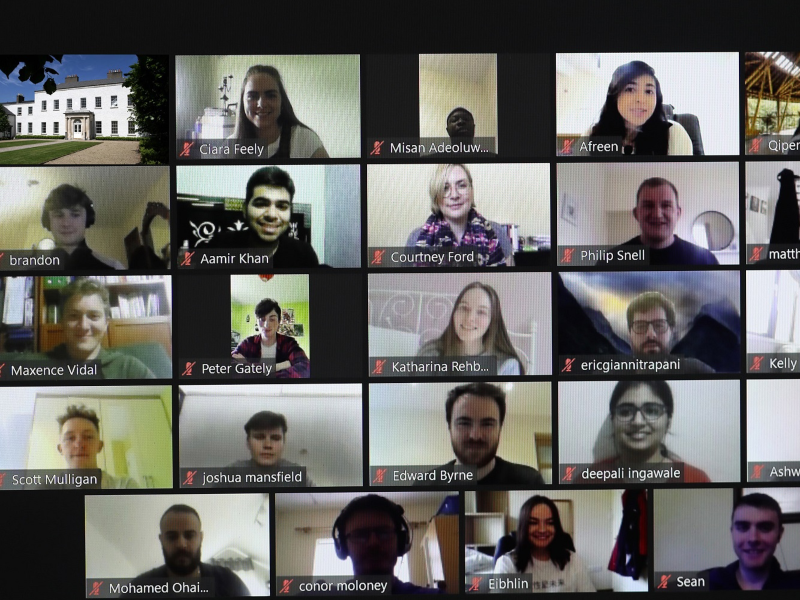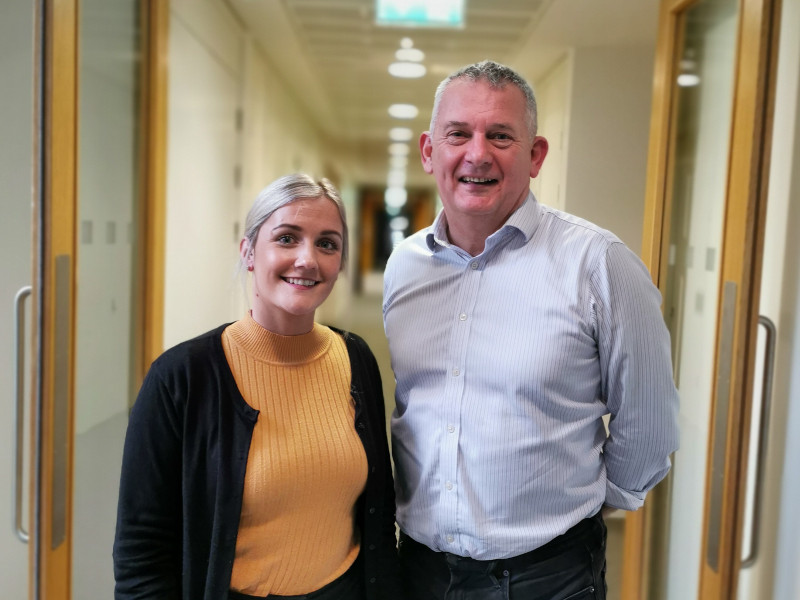Exact data is pivotal in shaping policy response to building back up Irish businesses, says Chambers Ireland CEO Ian Talbot.
The next phase of Chambers Ireland’s business impact survey has begun, reaching out to business owners around Ireland whose businesses have been affected by the Covid-19 crisis.
With Phase 1 of the reopening of the Irish economy underway, Chambers Ireland is seeking to understand the struggles that businesses are experiencing, including those that are reopening, those that have remained closed, and those that have managed to continue through the restrictions.
“While hopefully the worst parts of this pandemic are behind us, the most challenging time for the business community lies ahead of us”
The survey will close at noon on Monday, 1 June and seeks feedback on revenue, employment issues, and the Government’s policy agenda.
Counting the cost of Covid-19
A recent study by Chambers Ireland assessed the cost of reopening for business and found that of those that need to restock, the typical amount required is €3,000 with 25pc of firms having to spend €8,000 on restocking.
For physical distancing measures, the typical cost will be €2,000, with 25pc spending in excess of €5,000.
The survey of 1,300 businesses, conducted between 24 and 28 April, found that 84pc of businesses expect revenues to decline by in excess of 25pc in the next three months.
Fears about cashflow and liquidity were the greatest concerns among micro-enterprises with less than 10 employees, with closures and staffing being a concern for larger businesses across many sectors.
Around 85pc of businesses have closed to some degree. Of these 27pc have scaled back activity, 24pc have front-of-house-closed with staff working from home while 34pc have shut completely.
In terms of a timeline for reopening, most businesses said they will need at least two weeks’ notice to reopen while 25pc said they will need at least a month.
Another body of research by Chambers Ireland has revealed that businesses in coastal and rural communities – especially those along the Atlantic Economic Corridor – are feeling the impact of the economic calamity caused by Covid-19 more keenly than in other regions.
Tourism is the most affected sector, with over half of tourism businesses predicting that their 2020 revenue will be about a third, or less, of what they had been expecting going into the year.
The hospitality sector is impacted by the double effect of reduced consumption within the economy as a result of the Covid-19 restrictions and the challenge of operating their businesses within the context of physical distancing, upon the reopening of the Economy.
Entertainment, culture and the arts are similarly challenged by the necessary public health restrictions as for many the capacity restrictions on their venues sees their business opportunities being severely limited for the duration of the crisis.
Local Services, which include many public facing businesses, including dry-cleaners, gyms, hairdressers, and those which are tied to local areas as a result of the nature of their business are often limited in their capacity to main
The county with the highest Covid-19 exposure ratio was Kerry with 53.8pc of its commercial units operationg in the sectors most likely to be worst affected.
This was followed by Westmeath at 51pc, Donegal at 50.6pc, Cavan at 50.5pc and Clare at 50.4pc.
Challenges of reopening Ireland
“This series of surveys have been incredibly useful in shaping our engagement with government on a variety of policy issues,” said Ian Talbot, CEO of Chambers Ireland.
“Hard data significantly strengthens our hand when we are advocating on behalf of the business community; we have been able to highlight the divergences between different sectors of the economy and also different regions of the country.
“We are hugely grateful to the member companies of the Chamber network for the time that they have spent participating in these surveys, and hope that our successes in obtaining and advocating for supports such as the business restart grants, the commercial rates holiday, and the Wage Subsidy Scheme, go some way towards assisting business continuity in these difficult economic times.”
Talbot said that these schemes are not perfect and Chambers Ireland is working with all political parties to ensure that there is a clear understanding of the circumstances that businesses face throughout the cities and regions of Ireland.
“While hopefully the worst parts of this pandemic are behind us, the most challenging time for the business community lies ahead of us, as we try to navigate the challenges of the low-touch economy.
“We urge every business owner or operator to engage with our survey, it will be the best ten-minute investment of your day.”
Written by John Kennedy (john.kennedy3@boi.com)
Published: 28 May, 2020






